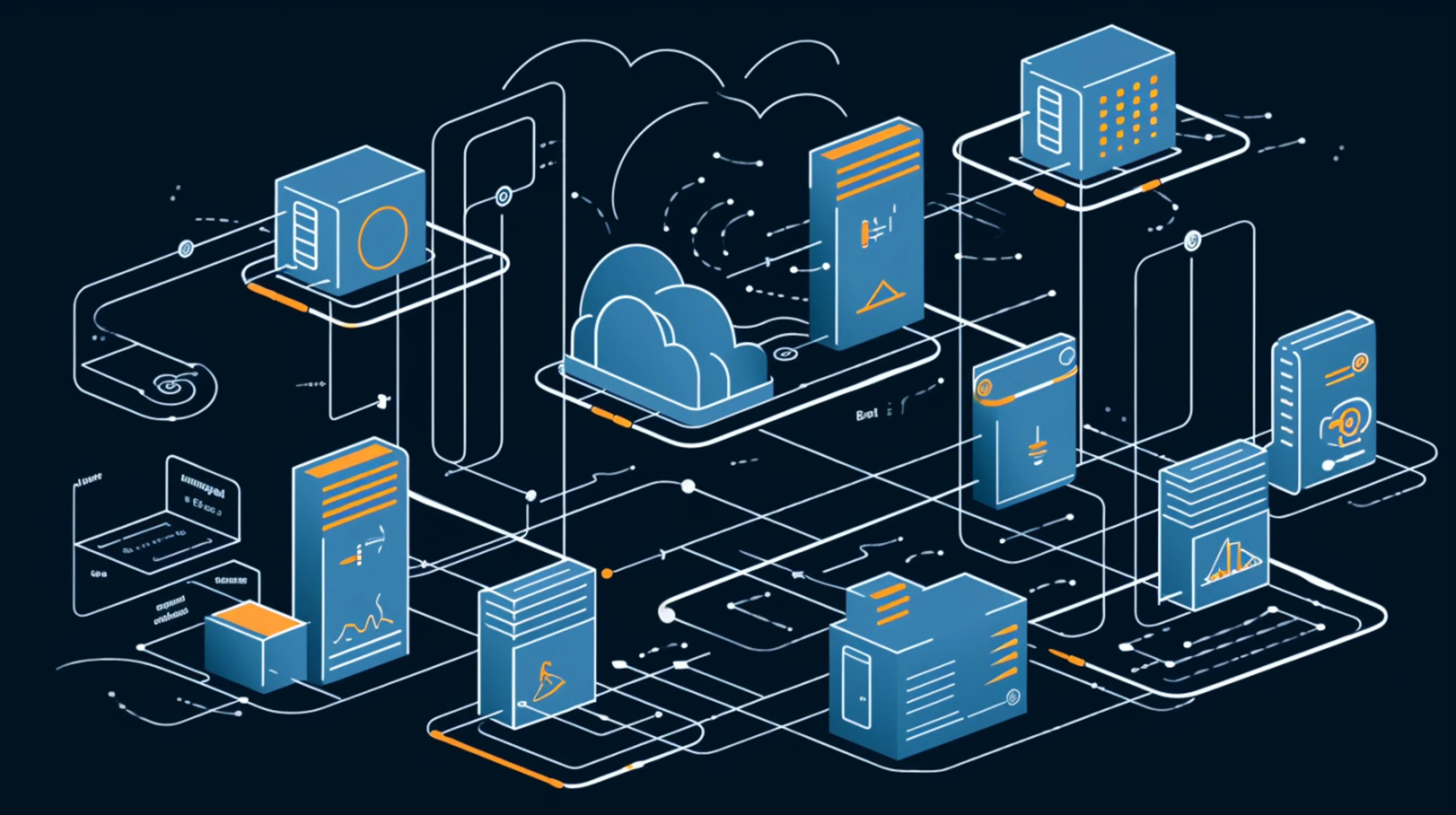Choosing the Right Messaging Service for Your Architecture: AWS SQS, AWS Kinesis and Apache Kafka
 Sanket Nimkar
Sanket Nimkar
Choosing the right messaging service is a critical decision that can significantly impact the performance, scalability, and cost effectiveness of your applications. In this blog post, we'll explore three popular messaging services: AWS SQS, AWS Kinesis, and Apache Kafka, and discuss when each is the most suitable choice, taking into account pricing considerations.
AWS SQS (Simple Queue Service)
Use Case:
AWS SQS is a fully managed message queuing service designed to decouple the components of a cloud application. It ensures reliable communication between different parts of a distributed system, even if one part is temporarily unavailable.
When to Use:
Decoupling Components: SQS is ideal for scenarios where you want to decouple producers and consumers of messages, which gives you a more resilient and scalable architecture.
Scaling: If you need a messaging service that can automatically scale your application's demands without the need for manual intervention, SQS is a strong contender, where you can scale your application based on number of records in queue.
Pricing:
SQS pricing is based on the number of requests (API calls) and the amount of data transferred. There are different pricing tiers for Standard and FIFO (First-In-First-Out) queues. Detailed pricing information can be found on the AWS SQS Pricing page.
AWS Kinesis
Use Case:
AWS Kinesis is a platform service for streaming data on AWS, with a focus on real time analytics and the ability to handle large volumes of data streams.
When to Use:
Real-time Analytics: If your application requires processing and analyzing streaming data in real time, Kinesis is a good choice.
Data Transformation (ETL): Kinesis is well suited for transforming and loading (ETL) streaming data into data warehouses or data lakes.
Pricing:
Kinesis pricing is based on factors such as the number of shards, the volume of data ingested, and the volume of data egress. For detailed pricing information, refer to the AWS Kinesis Pricing page.
Apache Kafka
Use Case:
Apache Kafka is a distributed event streaming platform to building real time data pipelines and streaming applications.
When to Use:
Event Streaming: If you're going for an event driven architectures and need to process high throughput, fault tolerant streams of data, Kafka is a powerful solution.
Log Aggregation: Kafka is often employed for collecting and aggregating log data from various services and applications.
Commit Log: It serves as a durable and fault tolerant commit log for distributed systems.
Pricing:
Kafka is an open source project, and its pricing is mainly associated with the infrastructure on which it is deployed. Pricing will be based on factors like the number of brokers, storage, and data transfer.
Considerations
Throughput and Scaling:
SQS and Kinesis: Fully managed services that handle scaling automatically.
Kafka: Requires more manual management and tuning for scaling.
Latency:
- SQS: Generally has higher latency compared to Kinesis and Kafka.
Ease of Use:
SQS: Easiest to set up and manage as a fully managed service.
Kinesis and Kafka: Require more configuration and manual management.
Conclusion
In conclusion, the choice between AWS SQS, AWS Kinesis, and Apache Kafka depends on the specific requirements of your architecture, including your budget. Understanding the use cases, and associated costs of each messaging service will give you an idea to make decisions. Ensure that your applications are built on a messaging foundation that aligns with your business goals and technical requirements.
Subscribe to my newsletter
Read articles from Sanket Nimkar directly inside your inbox. Subscribe to the newsletter, and don't miss out.
Written by
